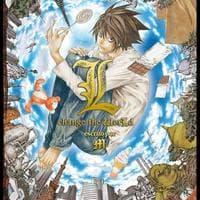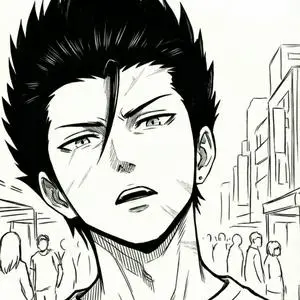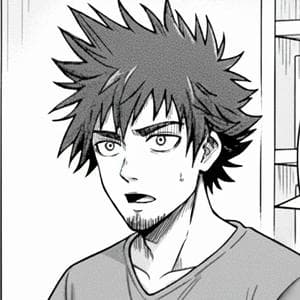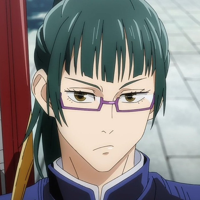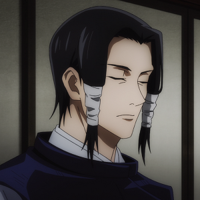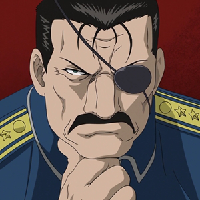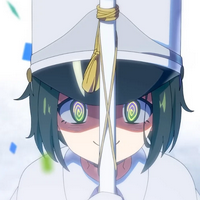Theo Di Arturo MBTI性格类型
性格
"Theo Di Arturo是什么人格? Theo Di Arturo是MBTI中的ESTJ人格类型,九型中的1w9 - so/sx - 163,五大类型中的,Socionics中LSE类型。"
1/2 "They don't express anger? Then they're not a Type 1." This is a common refrain among those who reduce anger to a blatant emotional outburst. However, in So1s, anger is repressed and redirected into rational, critical, idealistic, or constant anxiety. It is not expressed directly, but rather disguises itself as reform, improvement, or an attempt to refine oneself and others. Beatrice Chestnut: "Social Ones repress anger more than any other subtype. Their drive to be good is public and externalized. They work hard to 'do the right thing' so others will approve of them and society will function as it should." Theo doesn't explode in anger, he doesn't shout, but he stiffens, his voice cools, his features tighten, and he becomes an internal judge, judging others with a cold tone and suppressed tension. He tries to impose what he sees as "right" because he simply cannot tolerate the moral chaos around him. He feels morally superior because that's what he is supposed to be. Or that's what was imposed on him. In a strict home environment, where his father tied a child's worth to appearance, obedience, and behavior, Theo learned that love was conditional. He had to behave "properly" to avoid being punished, be polite to avoid being humiliated, and represent the family's honor to avoid being ostracized. This atmosphere poisoned his relationship with his emotions, especially his anger. He wasn't allowed to express his feelings, neither by screaming nor protesting, so he began to channel his anger into more "socially acceptable" forms: criticism, control, direction, and justification. In his childhood, he began to build a shallow understanding of idealism: always being "good" in the eyes of others in order to maintain love and belonging. This is where Social 1 becomes apparent, as the tendency to "fix" the environment as a means of protecting oneself from punishment or disappointment begins. Chestnut: “They often act like moral enforcers and police others’ behavior under the guise of ‘helping them be better.’” Theo didn’t impose his views and bully Lydia because he believed he was better than her, but rather because he was terrified of losing control of his surroundings and of the impact his inability would have on his self-image in the eyes of his father and society. At school, despite his attempts to appear perfect and disciplined, Theo wasn’t as organized as he should have been. He wasn’t consistently superior, nor was he a true leader. Instead, he lived in constant anxiety about his inability to be discovered. He would do anything to appear the best leader in the eyes of his friends, even if it meant hurting others. Lydia was the greatest threat to this image. She didn’t follow him, didn’t believe in his values, and saw through his mask. On the last day of school, when she told him directly or through her behavior that he was just a pretender, the wound he had hidden since childhood—the wound of being discovered for who he really was—burst through him. His anger finally erupted as a primitive, instinctive reaction, "Don't expose me." This moment wasn't a whim, but rather a moment of panic at being exposed in front of others, a moment of failure to maintain the image he had built throughout his life. After moving to the orphanage, the environment changed. He no longer needed to impose his standards; the rules were already imposed from the outside. This shift allowed his anger to subside temporarily, as he felt safe: order existed, authority was higher, and there were those who monitored others, not him. He began to become calmer, but he didn't free himself from his idealism; instead, it began to be directed at himself. He began to look at himself through the lens of criticism, holding himself accountable, and feeling inadequate whenever he broke the rules or felt he had let someone down. His previous parental punishment, when his father would scold and punish him simply for "tarnishing his reputation," had caused him to constantly link his self-worth to how he appeared to others. This created a constant pattern of anxiety: How do people see me? Do I look perfect? Did I do the "right" thing? Even his personal decisions became clouded by a collective fear: fear of stigma, of slipping, of being a "bad person."
背景
Theo Di Arturo is an Italian boy born into a prestigious military family, raised in a strict environment built on obedience and loyalty to the state. From a young age, he showed tendencies toward control and bullying, particularly against those different from him. In the novel, he represents the ideal model of blind submission to authority, embodying how the state molds its tools from childhood. His relationship with Lydia is tense and complex, where power intertwines with identity, and childhood collides with cruelty. A fictional character from "Toramox" manga and the novel "Shadows of War"


